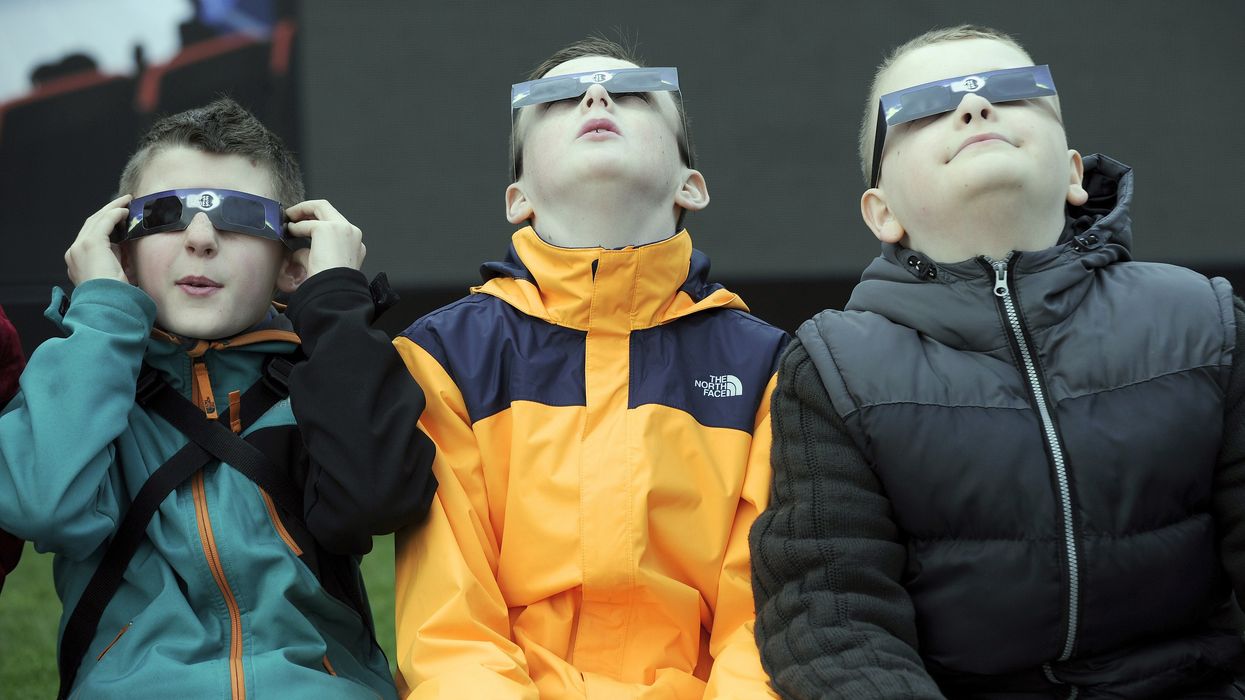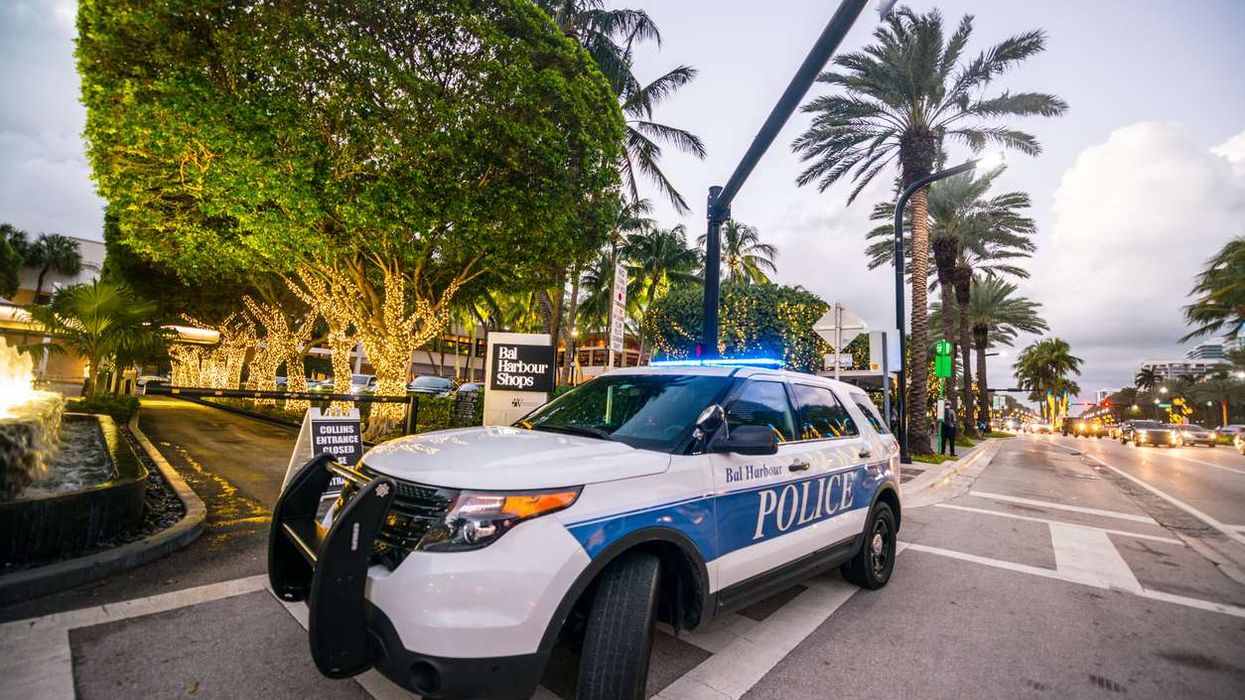Skywatchers in the UK should prepare their eclipse glasses for an exciting astronomical event on Saturday morning – a partial solar eclipse. If the weather permits, the Moon will pass in front of the Sun, creating the visual effect of a ‘bite’ being taken out of it.
Where and when can you see the eclipse?
The partial solar eclipse will be visible across the UK, offering an opportunity to see the Moon cover around 30% to 50% of the Sun at its peak. The best views will likely be enjoyed in areas of south-east England, East Anglia, and the Midlands, where the weather is expected to provide clearer skies.
While the eclipse won’t be total anywhere on Earth, those in the northeastern regions of Canada could witness up to 92% of the Sun being obscured.
The eclipse begins at 10:07 in the UK and will end around midday. The extent of the Sun covered by the Moon will vary depending on location. For example, people in the Outer Hebrides will see up to 47% of the Sun covered, while in Dover, about 28% will be obscured.
For precise timings in your area, check the Time and Date website. This eclipse offers a great chance to observe the movements of the solar system in action, according to Anna Gammon-Ross, Senior Planetarium Astronomer at the Royal Museums Greenwich. “It’s a wonderful way to just connect to everything happening and see it all in action,” she said.
What is a solar eclipse?
A solar eclipse happens when the Moon moves between the Sun and Earth, blocking some or all of the Sun’s light. There are different types of solar eclipses, depending on how much of the Sun is obscured:
- Partial solar eclipse: The Moon partially covers the Sun, leaving a crescent-shaped part visible.
- Annular solar eclipse: The Moon appears smaller than the Sun, leaving a bright ring around its edges.
- Total solar eclipse: The Moon completely covers the Sun, revealing the Sun’s outer atmosphere, known as the corona.
Future eclipses
In the UK, the next chance to see a partial solar eclipse will come on August 12, 2026. During this event, areas like the Arctic, eastern Greenland, Iceland, and northern Spain will experience a rarer total eclipse. However, the UK won’t witness another total solar eclipse for a long time, not until September 23, 2090. The last total solar eclipse in the UK occurred in 1999, with Cornwall being the only location to experience the event in its entirety.
How to watch a solar eclipse safely
It is essential to take precautions when viewing a solar eclipse. Even during a partial eclipse, it is never safe to look directly at the Sun with the naked eye, as it can cause permanent eye damage, including blindness. You will need special solar eclipse glasses that filter harmful ultraviolet rays and reduce the intense brightness of the Sun. Ordinary sunglasses are not strong enough to protect your eyes, as they don’t block enough light to make it safe to look directly at the Sun.
As Anna Gammon-Ross explains, “If you blocked as much sunlight with your sunglasses as eclipse glasses do, you wouldn’t be able to see where you were going!”
If you don’t have eclipse glasses, you can create a pinhole camera using two sheets of cardboard or use a colander to project the Sun’s image safely onto the ground. Local astronomical societies may also host viewing events, where telescopes with solar filters are used to observe the eclipse safely.
For those unable to view the eclipse in person, the Royal Observatory in Greenwich will be hosting a live stream of the event, allowing viewers across the UK to watch the eclipse online in real-time.
Weather forecast
As with many astronomical events, clear skies are needed to enjoy the full spectacle of the eclipse. The weather on Saturday morning will vary across the UK, and visibility will depend on location. The best chance of clear skies will be in south-east England, East Anglia, and the Midlands, where some high cloud is expected, but this should not significantly obstruct the view.
In Wales, and northern and western parts of England, conditions may be less favourable, as clouds are expected to increase during the morning. Unfortunately, the outlook for Scotland and Northern Ireland is more problematic. In these regions, thick cloud cover and rain, particularly in northern and western areas, could make viewing the eclipse more challenging.





